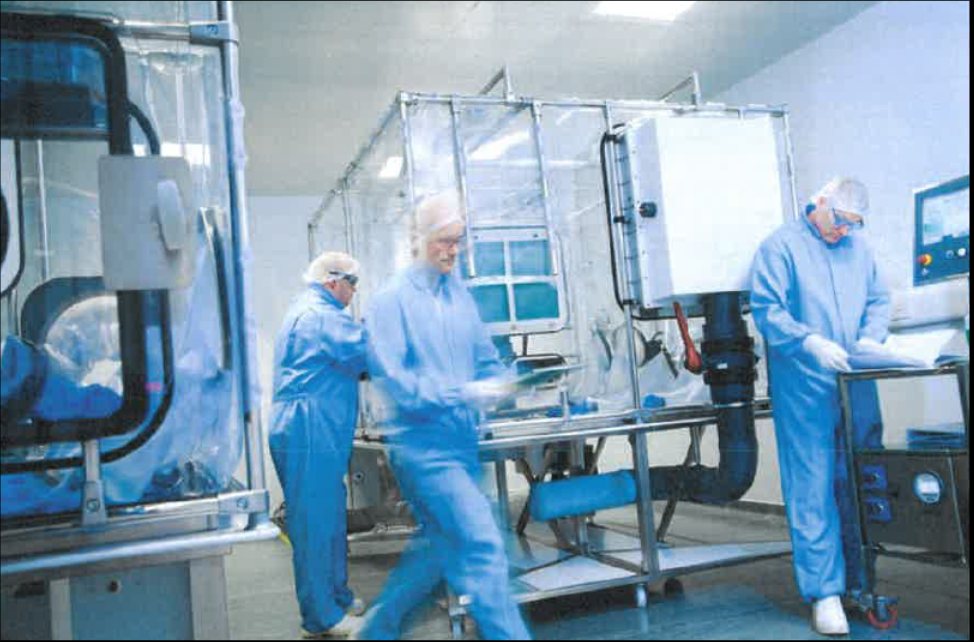
Alicia Secor, president and CEO of Juniper Pharmaceuticals
Catalent said today it has agreed to acquire Juniper Pharmaceuticals for $133 million, in a deal that adds a U.K. center of excellence for early drug development to similar centers that the buyer established on the West Coast and plans to create on the East Coast.
The acquisition continues the consolidation of contract development and manufacturing organizations (CDMOs) worldwide—a consolidation that included Catalent’s $950 million purchase of Cook Pharmica late last year. Juniper’s operations include Juniper Pharma Services, a CDMO based in Nottingham, U.K., that focuses on fee-for-service drug formulation development and clinical trial manufacturing services.
By combining Juniper Pharma Services with its own drug development and manufacturing services in the U.S. and Europe, Catalent said, the acquisition will expand and strengthen its offerings in formulation development, bioavailability solutions, and clinical-scale oral dose manufacturing—as well as complement its integrated global clinical and commercial supply network.
Those offerings include a center of excellence for early drug development in San Diego, which Catalent created after it acquired Pharmatek Laboratories in 2016 for an undisclosed price. On April 24, Catalent’s Pharma Solutions unit disclosed plans to spend $5 million toward creating a similar center of excellence at its facility and headquarters in Somerset, N.J., with a focus on preclinical to clinical Phase IIb formulation, analytical, and manufacturing solutions for orally delivered small molecules.
Today, Catalent said it will be able to offer similar capabilities in the U.K. through Juniper, which it said will complement Catalent’s multisite oral manufacturing network to provide pharmaceutical innovators with a comprehensive solution to accelerate their drug development processes.
“Juniper’s scientific expertise in early-phase product development and supply will help our customers unlock the full potential of their molecules and provide better treatments to patients, faster,” Jonathan Arnold, president of Catalent Oral Drug Delivery, said in a statement. “Juniper’s proven solutions and capabilities will further support Catalent’s strategic goal to be the most comprehensive partner for pharmaceutical innovators.”
Founded in 1986 as Columbia Laboratories, Juniper was rebranded in 2015—two years after it acquired the Nottingham site established by University of Nottingham spinout Molecular Profiles. Boston-based Juniper has nearly 150 employees with expertise in solid-state and preclinical formulation screening for lead-candidate selection, phase-appropriate dose-form development, and technologies for challenging molecules. Those capabilities, Catalent said, will be strengthened and expanded through integration with its OptiForm® Solution Suite platform.
Juniper also provides bioavailability enhancement solutions for the development of poorly soluble compounds, including nano-milling, spray drying, hot-melt extrusion, lipid-based drug delivery, and cGMP clinical manufacturing, including specialized facilities and controls for potent and controlled substances.
Clients Include Merck KGaA
One of Juniper’s clients is Merck KGaA, with which Juniper has a contract to supply Crinone® (progesterone gel) outside the U.S. Catalent said it will continue to support Crinone ex-U.S.
However, Catalent said it will no longer be involved in the further development of Juniper’s preclinical intravaginal ring development pipeline, including three preclinical candidates, which Juniper licensed to Daré Bioscience in a deal of undisclosed value announced April 25. The intravaginal ring technology—designed to allow for sustained drug delivery over time periods ranging from weeks to months—was developed by MIT’s Robert Langer, Sc.D., and William F. Crowley, Jr., M.D., of Massachusetts General Hospital and Harvard Medical School.
Juniper’s expertise, according to Catalent, will augment its current portfolio of solid-state screening, preformulation, formulation, analytical, and bioavailability enhancement solutions, including development of spray-dried dispersions, with integrated development, analytical, and clinical manufacturing co-located at the Nottingham facility.
“We've been impressed with the strength of the Company's management team, depth of scientific experience, and demonstrated success in GMP manufacturing and a broad base of enabling technologies. Juniper's high-caliber platform represents a solid addition to our portfolio and we look forward to joining forces,” Arnold said in a separate statement issued by Juniper.
Through a subsidiary, Catalent said, it will soon commence a tender offer to purchase all of Juniper’s shares at $11.50 per share, net to the seller in cash. That’s a 32% premium over Juniper’s closing stock price yesterday of $8.70, and is a nickel per share above the $11.45 to which Juniper shares climbed in premarket trading this morning as of 8:44 a.m.
“Catalent's offer to acquire Juniper recognizes the value of Juniper's businesses, Juniper Pharma Services, and Crinone,” stated Alicia Secor, Juniper's president and CEO, in a separate statement issued by her company.
Following the conclusion of the tender offer, Catalent said, it intends to complete the transaction by acquiring the remainder of the Juniper shares at the same price through a merger with a newly formed, wholly owned subsidiary of Catalent.
The deal is set to be completed later this quarter—the first quarter of Catalent’s 2019 fiscal year, which began on Sunday.
Catalent’s latest planned acquisition comes six months after Juniper named Rothschild as its independent financial advisor to advise the company and its Board of Directors in evaluating strategic alternatives.
“This transaction, which has been approved unanimously by the Juniper Board of Directors following the recommendation of a special committee of independent directors, is the culmination of a diligent and extensive process to pursue strategic alternatives in order to maximize shareholder value,” Secor said.


